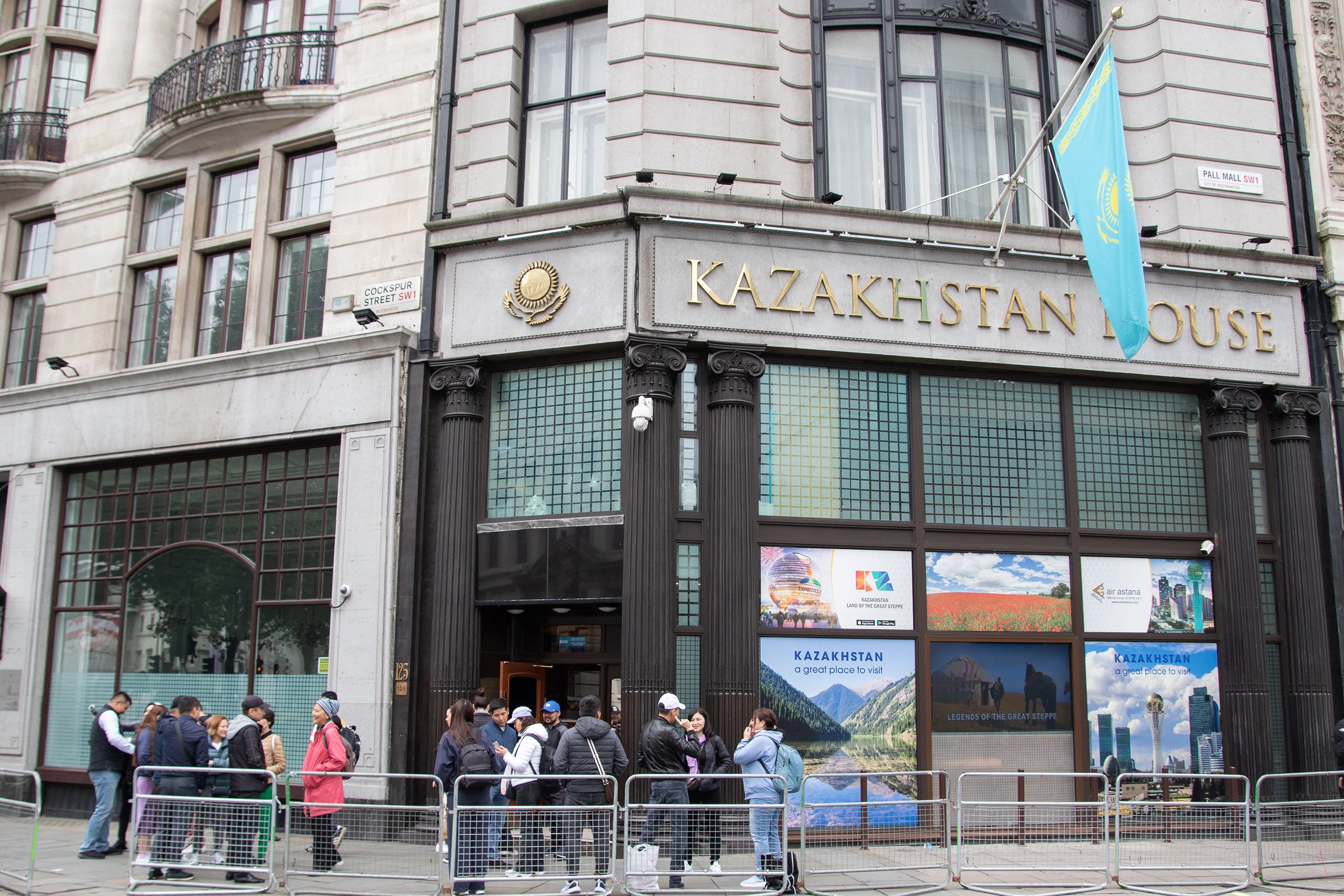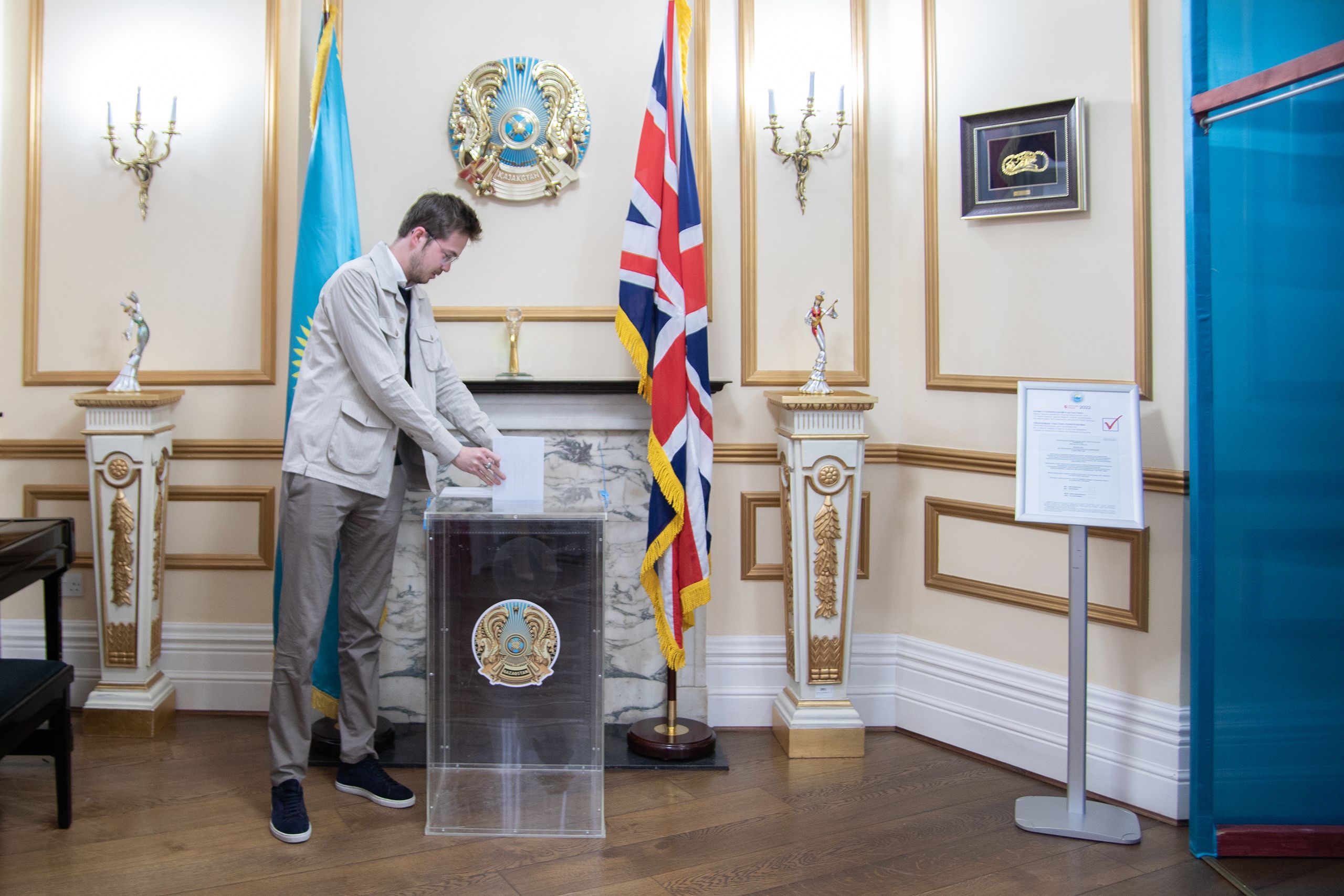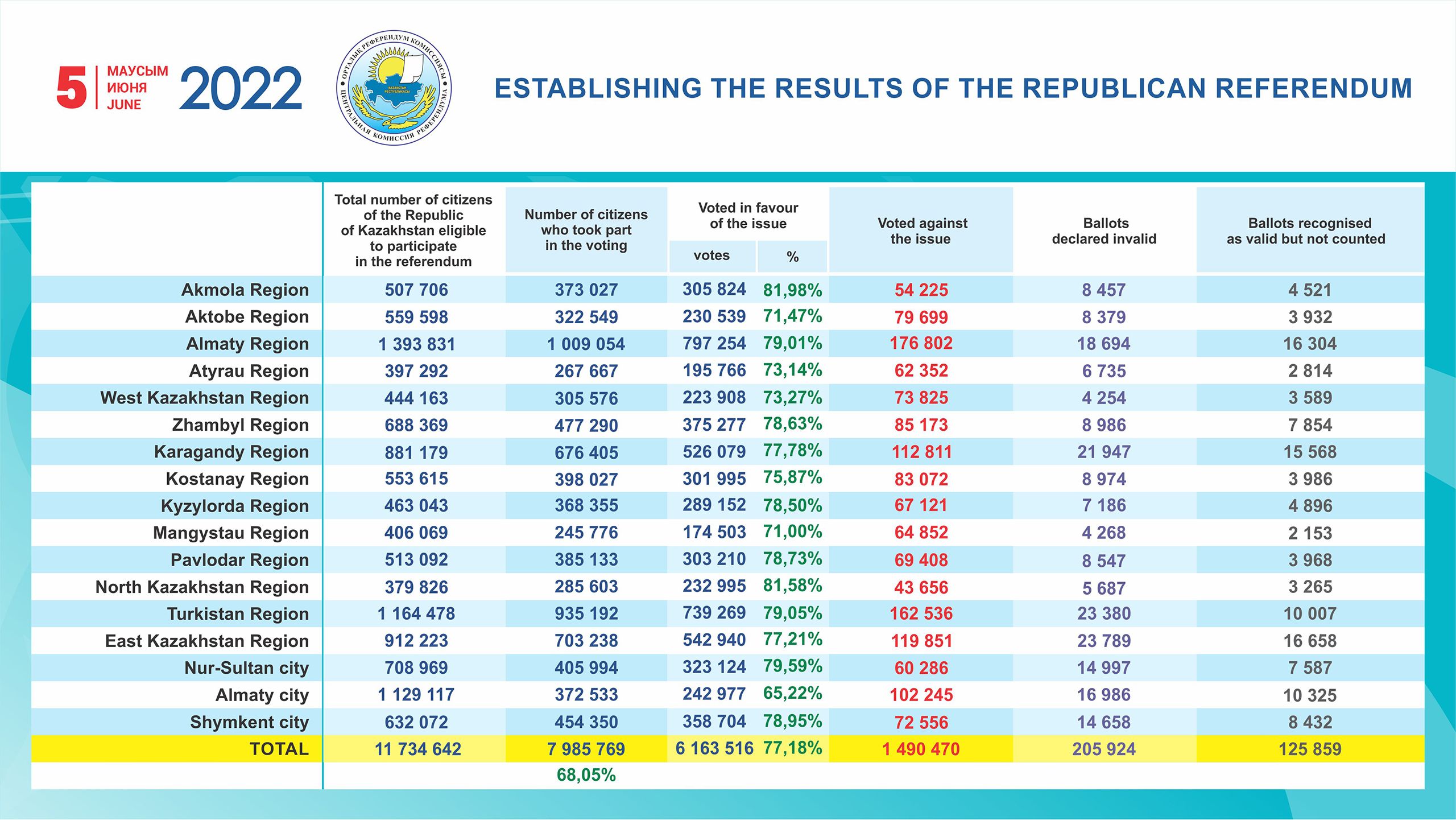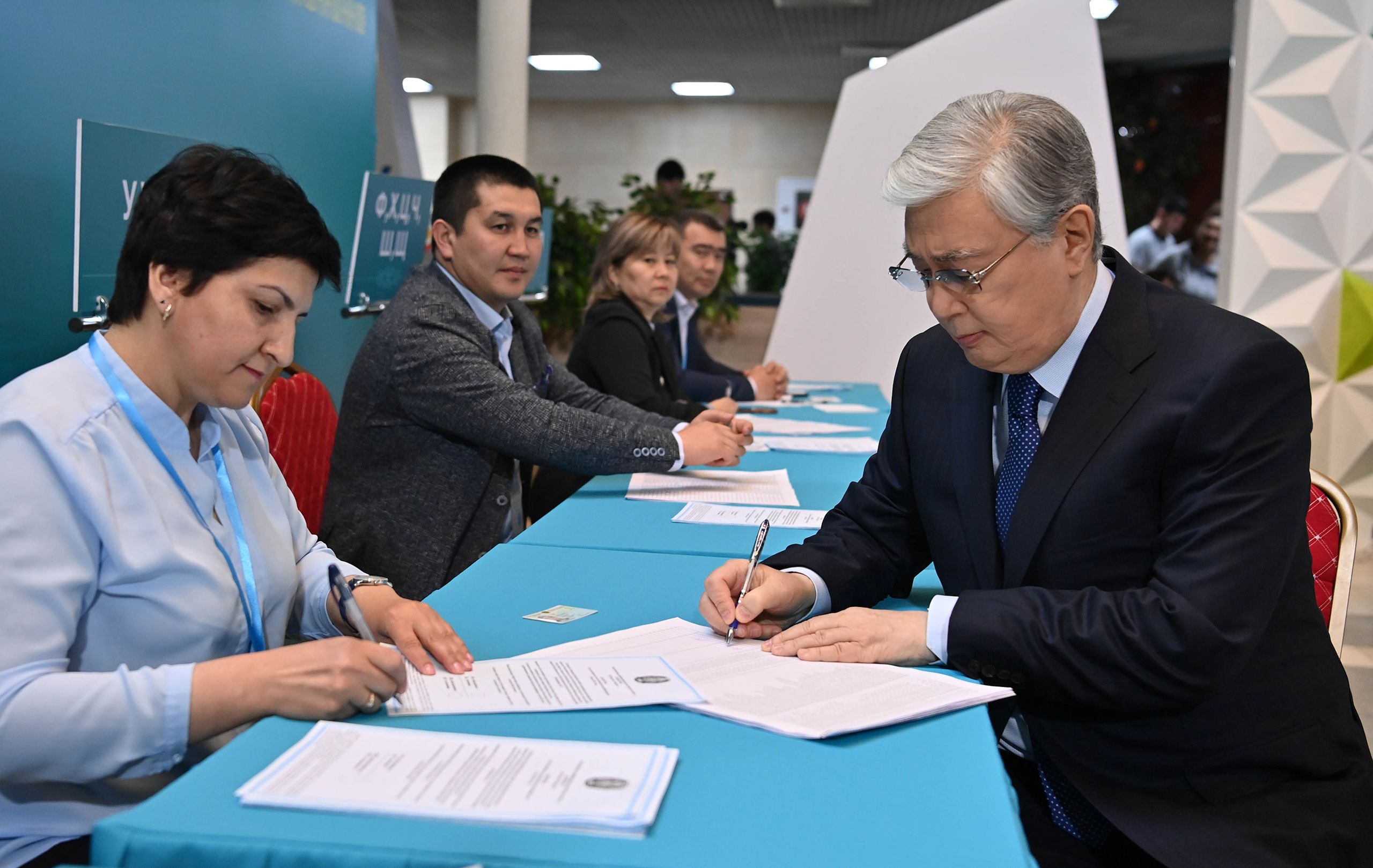A Healthy Constitution
Chair of The Metis Institute, Professor Mark Beer OBE, says Kazakhstan’s new constitution has created a happier, more empowered and wealthier citizenry

Congratulations
Congratulations to the people of Kazakhstan. At the recent referendum, the proposed changes to the Constitution were passed with an impressive majority. Hardly surprising given that, whilst most countries try to centralise power and maximise Presidential control, the President and Parliament of Kazakhstan have offered a more enlightened, even libertarian approach. Gone is the death penalty, nepotism and resource exploitation. And welcome to an empowered citizenry, enhanced accountability and a decentralised government. The mineral wealth of Kazakhstan no longer belongs to faceless government funds who do with it what they please. Instead, it belongs to the people of Kazakhstan, held in trust by the Government for future generations.

Astana International Financial Centre premises
Astana International Financial Centre premises
Accountability
However, the success of these changes will not be in the black and white text of the Constitution, but in the way these rights and powers translate into a happier, more empowered and wealthier citizenry. A citizenry that does not fear government. Rather a citizenry proud of its Government for the wise choices it makes for the country, the community and the future. A government forward looking, innovative and comprising the best and the brightest Kazakhs, not because of who their father is, but because they have a track record for success, and delivering citizen-centric solutions.
The mineral wealth of Kazakhstan no longer belongs to faceless government funds who do with it what they please. Instead, it belongs to the people of Kazakhstan, held in trust by the Government for future generations.
And to ensure that government officials do uphold the highest standards, the people need to be able to call out injustice, incompetence or worse. Not, like the past, to the government, but to an independent body. One established to allow people to be free in their criticism of a system if it fails to care. One protected from the vagaries and machinations of politicians, their pork barrel politics and their threats.

Voting at a polling station in London
Voting at a polling station in London
The Constitutional Court and Ombudsman
Which brings me on to the Human Rights Ombudsman, the extremely impressive Elvira Azimova and her excellent team, who not only has been given enhanced powers by the proposed Constitutional reforms, but who also no longer reports to the government. Instead, she reports to the newly established Constitutional Court: an independent Court, with independent judges, who have the immunity necessary to allow them to make decisions without fear or favour.

Official results of the nationwide constitutional referendum in Kazakhstan
Official results of the nationwide constitutional referendum in Kazakhstan
The Future
So, five years ago the Kazakhstan Constitution was amended, among other things, to allow for the establishment of the Astana International Financial Centre. On any measure, the AIFC has been an outstanding success for Kazakhstan, and its international reputation. It has created opportunities, enhanced investment, established the leading stock exchange in the region and is at the forefront of global thinking in Legal Technology, Green Finance and Islamic banking. In five short years, it has transformed the landscape for investment in Central Asia and made Kazakhstan the envy of many countries in the CIS and beyond.
And what will be the legacy of the Constitutional amendments approved this week? In my view, just as the 2017 amendments positioned Kazakhstan as an economic powerhouse, these amendments will position Kazakhstan as a social justice powerhouse. A beacon for societies looking to enhance public trust, and create a better, fairer environment. An environment in which talent is promoted irrespective of background, where power is devolved and in the hands of the voters and where the Government’s job is to serve, not to be served. These changes are tectonic in their importance, and backed up by the creation of independent agencies tasked with ensuring their successful implementation.
So, what does the future hold? What changes will be on the radar for the next five years? It might be too early to say, but with this trajectory, I predict they will further catapult Kazakhstan ahead of the competition. Perhaps they will digitise the economy, to enter the fourth industrial revolution and to make Kazakhstan the hub for the Central Asian metaverse. Perhaps they will replace inefficient administrative processes with AI and robotics, to allow each citizen to live their best life. Or perhaps Kazakhstan will offer tourism experiences in the real and virtual worlds, opening the country’s vast majesty to all comers. Who knows?
But I can be sure that the Constitutional changes made this week will allow for Kazakhstan to build a better, stronger and more cohesive society, in which the individual is more important than the apparatchik. A society in which the wealth is shared. And a society in which the future is accessible to all.


Professor Mark Beer OBE
Professor Mark Beer OBE
The author is Professor Mark Beer OBE, the Chairman of The Metis Institute, which advises governments on the implementation of reforms that promote citizen-centricity. He is also co-Founder of Seven Pillars Law in Kazakhstan, a visiting fellow at Oxford University, a professor at Shanghai University for Political Science and Law and a member of the World Economic Forum’s Expert Network.
